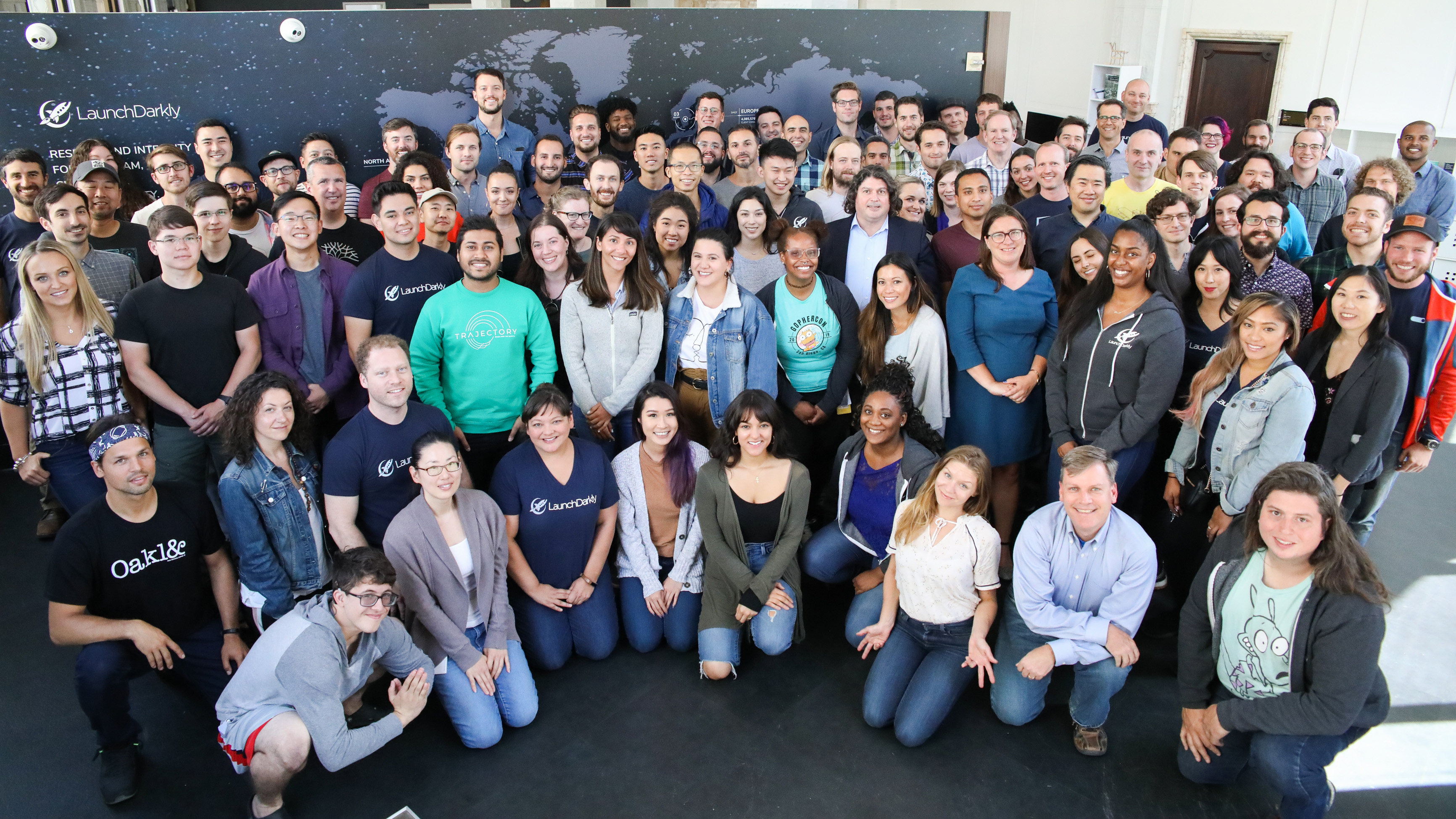Synology DS918+ review
Not the fastest around, but this feature-packed NAS makes a brilliant addition to any home or office
How much performance matters depends on what type of NAS you’re looking for. If you’re buying for business rather than home, this is one of the best overall packages around, and the same goes if you’re more swayed by Synology’s Google Drive-like features thanmedia player skills. This is a powerful, easy to work with NAS with serious potential to grow.
-
+
Powerful specs; Great expansion potential; Robust business features
-
-
Transfer speeds for multiple files aren't the best; Lacking some media server features

If the DS218 and DS418 reflect the value side of Synology's latest line-up, the DS918+ sits at the performance end. Where those two are powered by quad-core ARM-based Realtek processors with just 2GB of RAM, the high-end model has the quad-core Celeron J3455 and 4GB ready to go.
Synology doesn't go in for LCD displays or gleaming LED status bars, and instead simple indicators tell you what's going on with the NAS and the HDDs. Nor does it go overboard on connectivity, with a single USB 3 port at the front and another one at the rear, along with dual Gigabit Ethernet ports. Yet there's something elegant and functional about the design of the DS918+. The four caddies slide out easily and you can add and remove drives in seconds, with the clips that hold them in place working perfectly. In general operation, it's a very quiet and unobtrusive NAS.
It's expandable, too. Turn the unit upside down and remove the covers and you can fit up to two NVMe 2280 M.2 SSDs, which the NAS will use as a speed-boosting cache. Remove all the drives and you can get to a second SODIMM slot, enabling you to boost the 4GB of preinstalled memory up to 8GB. There's even an eSATA port on the rear to connect an additional hard disk or SSD, not to mention Synology's own 5-bay DX517 expansion unit. This takes the maximum capacity of the NAS from 48TB up to a staggering 108TB.
The DS918+'s beefed-up specification makes a tangible difference when you're running more intensive apps, and if you want to take full advantage of Synology's app ecosystem, the DS918+ is definitely the NAS to buy. Install Synology Drive, Synology Chat and Synology Office and you have a workable alternative to Google's G Suite suitable for a small team, except here it's running on in-house hardware rather than in the cloud. Sure, the feature set of the office apps is limited in comparison to Google Drive, Docs, Sheets and Slides, but if you're after privacy and control that's a compromise you might be willing to make.
Otherwise, you get all the benefits of Synology's DSM OS, including simple, browser-based setup and configuration and a vast selection of apps. Individual shares can be protected with hardware-based 256-bit AES encryption, and the software supports 2-step verification to prevent unauthorised users from logging on. Synology's Hybrid RAID (SHR) technology offers a different, more flexible approach, enabling you to create volumes from disks of different sizes, with an effective balance between maximum capacity and RAID redundancy.
You can connect the DS918+ to Amazon S3, Dropbox, OneDrive, Box and Google Drive, run virtual machines or Docker containers, use it as a security PVR with Surveillance Station or set up a WordPress or Joomla CMS. And while it doesn't have the HDMI outputs or add-in apps to function as a media player or moonlight as a desktop Linux PC, its media server capabilities are hard to fault, down to streaming and transcoding 1080p and 4K video content on the fly.
At times Synology seems to be trying too hard to replicate every cloud-based service on a NAS drive, and we can't really see the point of the slick but vapid Moments photo manager and streamer, but the polish of its apps and their user interfaces is in a different league from the competition.
If the DS918+ falls down anywhere, it's raw file-transfer performance. Don't get us wrong - this is a speedy NAS, particularly when it comes to sustained file transfers of large media files - but it's not as adept at handling lots of smaller files in comparison to other appliances.
How much performance matters depends on what type of NAS you're looking for. If you're buying for business rather than home, this is one of the best overall packages around, and the same goes if you're more swayed by Synology's Google Drive-like features than media player skills. This is a powerful, easy to work with NAS with serious potential to grow.
Verdict
How much performance matters depends on what type of NAS you’re looking for. If you’re buying for business rather than home, this is one of the best overall packages around, and the same goes if you’re more swayed by Synology’s Google Drive-like features thanmedia player skills. This is a powerful, easy to work with NAS with serious potential to grow.
Get the ITPro daily newsletter
Sign up today and you will receive a free copy of our Future Focus 2025 report - the leading guidance on AI, cybersecurity and other IT challenges as per 700+ senior executives
Adam Shepherd has been a technology journalist since 2015, covering everything from cloud storage and security, to smartphones and servers. Over the course of his career, he’s seen the spread of 5G, the growing ubiquity of wireless devices, and the start of the connected revolution. He’s also been to more trade shows and technology conferences than he cares to count.
Adam is an avid follower of the latest hardware innovations, and he is never happier than when tinkering with complex network configurations, or exploring a new Linux distro. He was also previously a co-host on the ITPro Podcast, where he was often found ranting about his love of strange gadgets, his disdain for Windows Mobile, and everything in between.
You can find Adam tweeting about enterprise technology (or more often bad jokes) @AdamShepherUK.
-
 LaunchDarkly to "double down" on observability with Highlight acquisition
LaunchDarkly to "double down" on observability with Highlight acquisitionNews Highlight's observability tools will be integrated into LaunchDarkly's Guarded Releases software deployment service
By Daniel Todd Published
-
 M&S suspends online sales as 'cyber incident' continues
M&S suspends online sales as 'cyber incident' continuesNews Marks & Spencer (M&S) has informed customers that all online and app sales have been suspended as the high street retailer battles a ‘cyber incident’.
By Ross Kelly Published
-
 Westcon-Comstor unveils new managed SOC solution for Cisco partners
Westcon-Comstor unveils new managed SOC solution for Cisco partnersNews Powered by Cisco XDR, the new offering will enable partners to tap into new revenue streams, the company said
By Daniel Todd Published